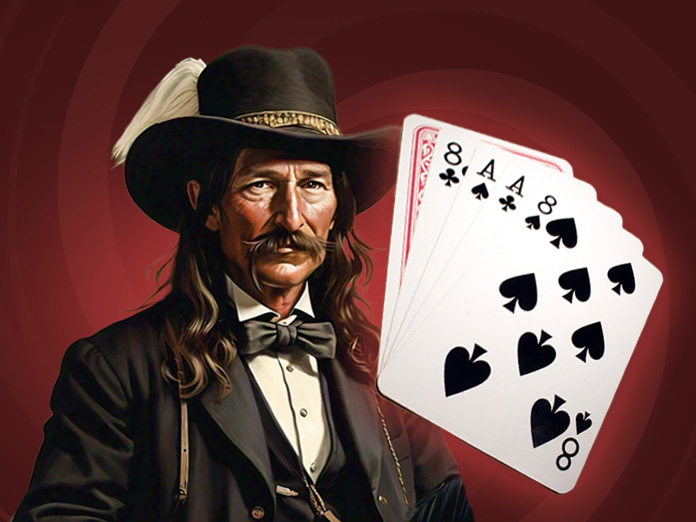During every poker game, there are times when you have a hand that isn’t strong enough to wager for value but isn’t poor enough to fold right away. While most players just check and hope for the best, expert players know how to turn these kinds of hands into bluffs that make them win more. Knowing how to transform small hands into bluffs is a talent that sets winners apart from normal players, particularly in competitive poker apps.
What Are Hands That Are Not Good?
Hands that are marginal are not quite excellent or awful. They aren’t strong enough to play for value with confidence, but they aren’t total trash either. Some examples include middle pairs, weak top pairs, or low flushes on a board where higher flushes may defeat.
If you play passively with these poker hands, you commonly lose tiny pots. But if you turn them into bluffs every now and then, you may apply pressure on your opponents and win pots that might have slipped away.
Why do you want to turn them into bluffs?
This method works successfully for three primary reasons:
- You deny equity: By wagering or raising, you make opponents with drawing hands fold instead of getting away with an easy win.
- You show strength: Even if your hand isn’t that good, your aggressive play might make it seem like you have a much better hand.
- You win pots without any competition: A lot of players may fold medium-strength hands if they are being aggressive, which means you get the pot right away.
When to Carry Out the Bluff
You need to know when to bluff with weak hands. Here are some situations when this works best:
- If the turn or river gives you a card that makes your perceived range better, like a third flush card or a straight-completing card, it’s a good time to bluff.
- When you are in a good position, bluffing works considerably better since you can control the tempo and put pressure on your opponent after seeing what they do.
- Use this technique against players who can fold. When you bluff loose callers that pursue every card, it typically doesn’t work.
- When your hand is poor at showdown, wagering as a bluff provides you a second chance to win by having your opponent fold.
Things You Shouldn’t Do
If you don’t do it well, this move might be harmful like any other sophisticated tactic.
- Bluffing too much: If you continually transform weak cards into bluffs, your opponents will notice and start calling less.
- Picking the wrong places: Bluffing against more than one opponent or on dry boards (where a powerful hand isn’t viable) typically doesn’t work.
- Not thinking about how much to wager: Small stakes don’t frighten opponents too often. Your investments should be powerful enough to convey a tale that makes sense.
Conclusion
You won’t always be able to turn weak cards into bluffs, but adding this move to your overall approach on PokerCircle will make you less predictable and more deadly at the tables. Don’t go overboard, but don’t be afraid to pull the trigger at the correct time. Remember, balance is the key.

